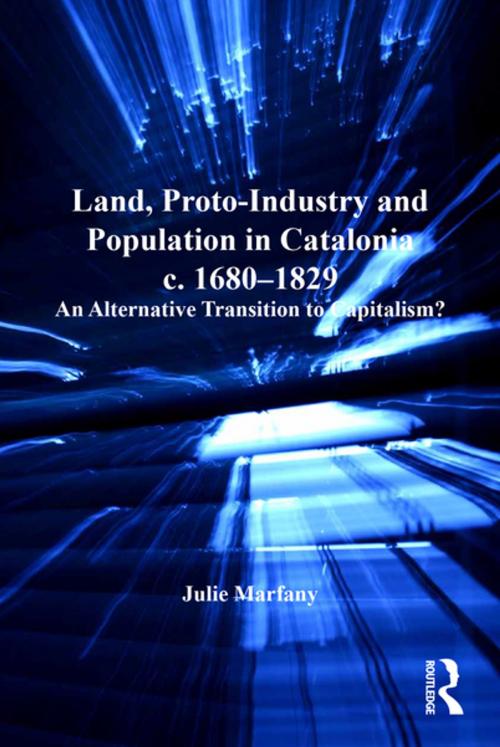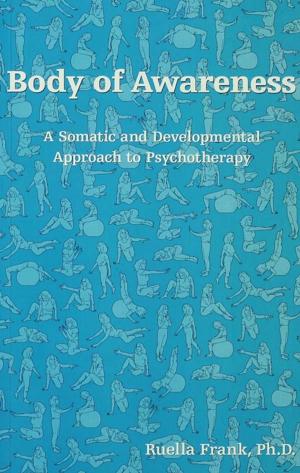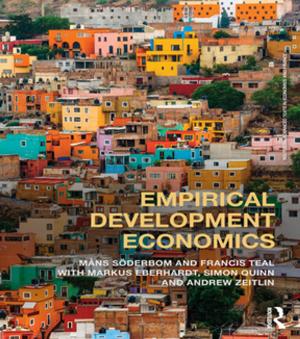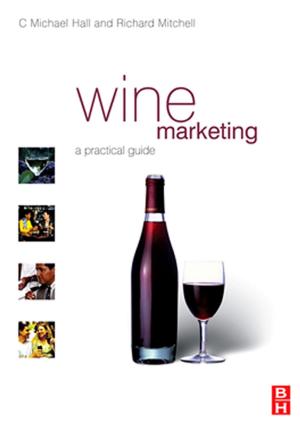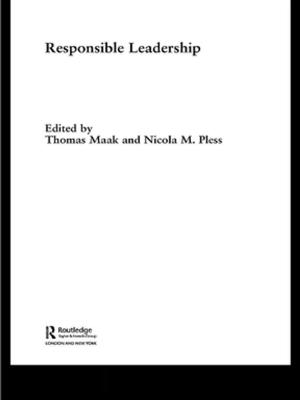Land, Proto-Industry and Population in Catalonia, c. 1680-1829
An Alternative Transition to Capitalism?
Nonfiction, History, Modern, 17th Century| Author: | Julie Marfany | ISBN: | 9781317108337 |
| Publisher: | Taylor and Francis | Publication: | April 22, 2016 |
| Imprint: | Routledge | Language: | English |
| Author: | Julie Marfany |
| ISBN: | 9781317108337 |
| Publisher: | Taylor and Francis |
| Publication: | April 22, 2016 |
| Imprint: | Routledge |
| Language: | English |
This monograph makes a fresh contribution to a longstanding but far from exhausted debate concerning the transition to capitalism in Europe. The work investigates key aspects of this transformation: the changes on the land, the origins of the industrial revolution, the modern rise of population and the growth of markets. It does so from a new perspective, however, by focusing on an area of southern Europe, Catalonia. Catalonia's interest as an area for study lies in its precocity within a southern European context, as one of the few regions on the European periphery to industrialise in comparable ways and at the same time as areas of northern Europe. Population growth was similarly rapid. The study engages critically with several important debates in economic and social history, such as the transition to agrarian capitalism, whether or not sharecropping should be viewed as a backwards form of agricultural production, theories of proto-industrialisation and theories of population change. It also questions claims that the nuclear family of north-western Europe was a superior model for industralisation than the more extended family structures prevalent in southern Europe. Not only could the extended family be as dynamic as the nuclear family when required but, more importantly, attention needs to be paid to other institutions and factors that may have conditioned family forms and decision-making processes. The approach taken by this work is a micro-study of one community, Igualada, an important proto-industrial centre but also situated within the viticultural region. It grew rapidly over the eighteenth century from around 1,700 inhabitants in 1717 to 4,900 in 1787 and around 7,700 by 1830. Only at the micro-level is it feasible for an individual study to reconstruct networks of relationships and patterns of decision-making at the household level. At the core of the book, therefore, is a family reconstitution of 8,700 families, supplemented by a wide body of additional sources, such as landholding contracts, tax records, manorial surveys, inventories, marriage contracts and letters.
This monograph makes a fresh contribution to a longstanding but far from exhausted debate concerning the transition to capitalism in Europe. The work investigates key aspects of this transformation: the changes on the land, the origins of the industrial revolution, the modern rise of population and the growth of markets. It does so from a new perspective, however, by focusing on an area of southern Europe, Catalonia. Catalonia's interest as an area for study lies in its precocity within a southern European context, as one of the few regions on the European periphery to industrialise in comparable ways and at the same time as areas of northern Europe. Population growth was similarly rapid. The study engages critically with several important debates in economic and social history, such as the transition to agrarian capitalism, whether or not sharecropping should be viewed as a backwards form of agricultural production, theories of proto-industrialisation and theories of population change. It also questions claims that the nuclear family of north-western Europe was a superior model for industralisation than the more extended family structures prevalent in southern Europe. Not only could the extended family be as dynamic as the nuclear family when required but, more importantly, attention needs to be paid to other institutions and factors that may have conditioned family forms and decision-making processes. The approach taken by this work is a micro-study of one community, Igualada, an important proto-industrial centre but also situated within the viticultural region. It grew rapidly over the eighteenth century from around 1,700 inhabitants in 1717 to 4,900 in 1787 and around 7,700 by 1830. Only at the micro-level is it feasible for an individual study to reconstruct networks of relationships and patterns of decision-making at the household level. At the core of the book, therefore, is a family reconstitution of 8,700 families, supplemented by a wide body of additional sources, such as landholding contracts, tax records, manorial surveys, inventories, marriage contracts and letters.
